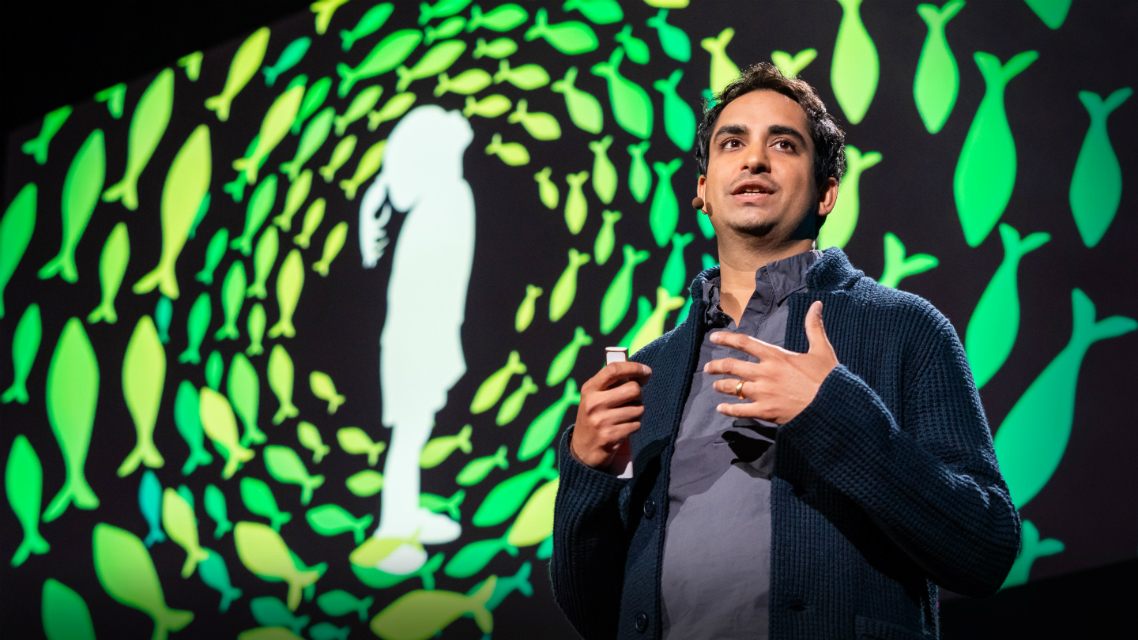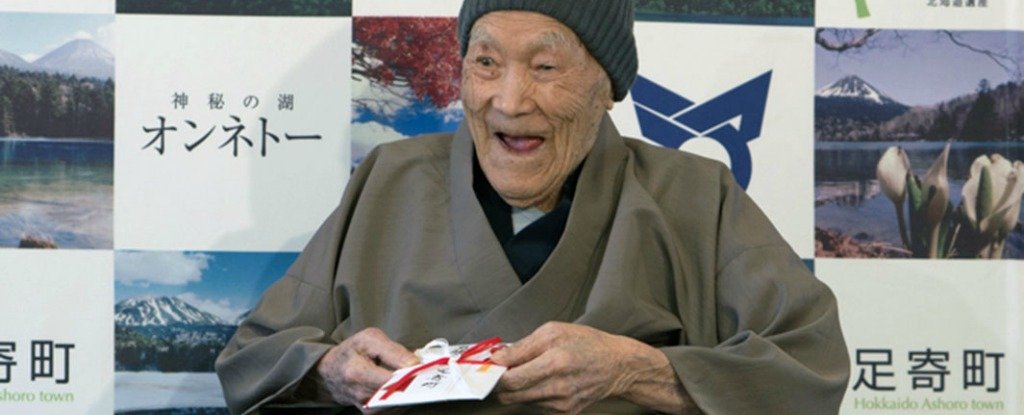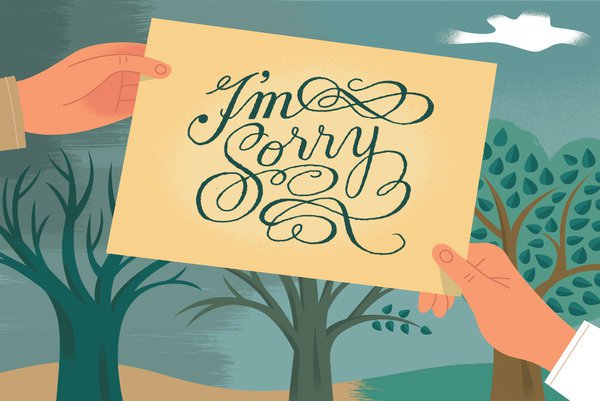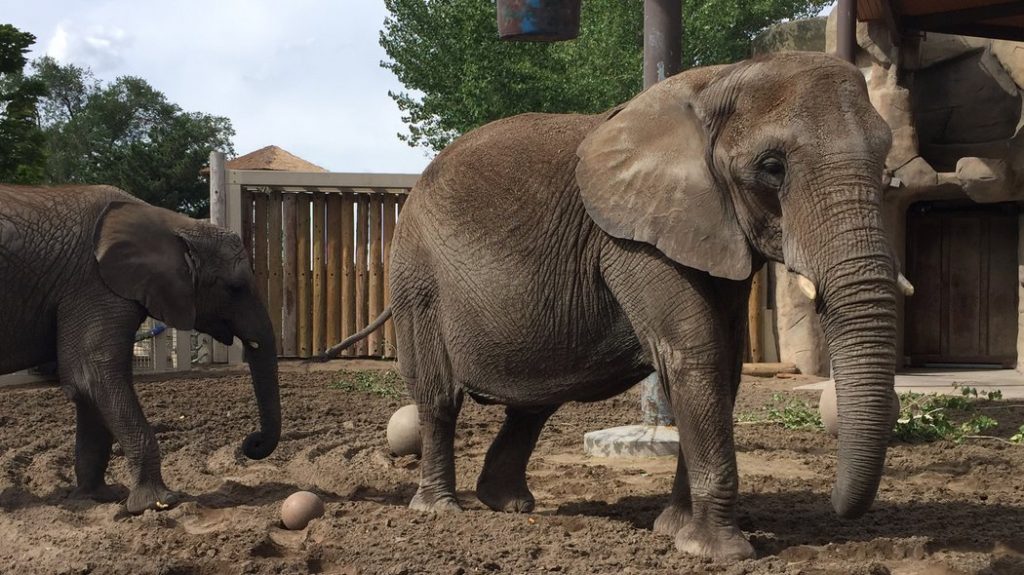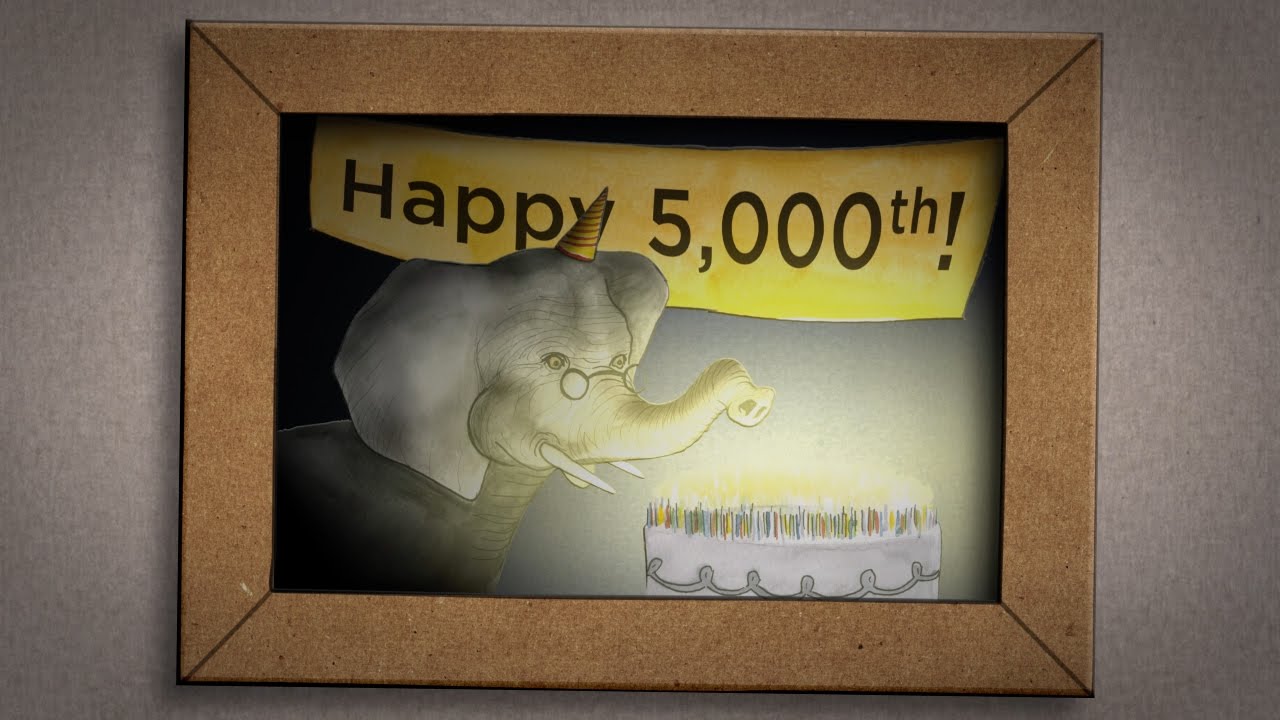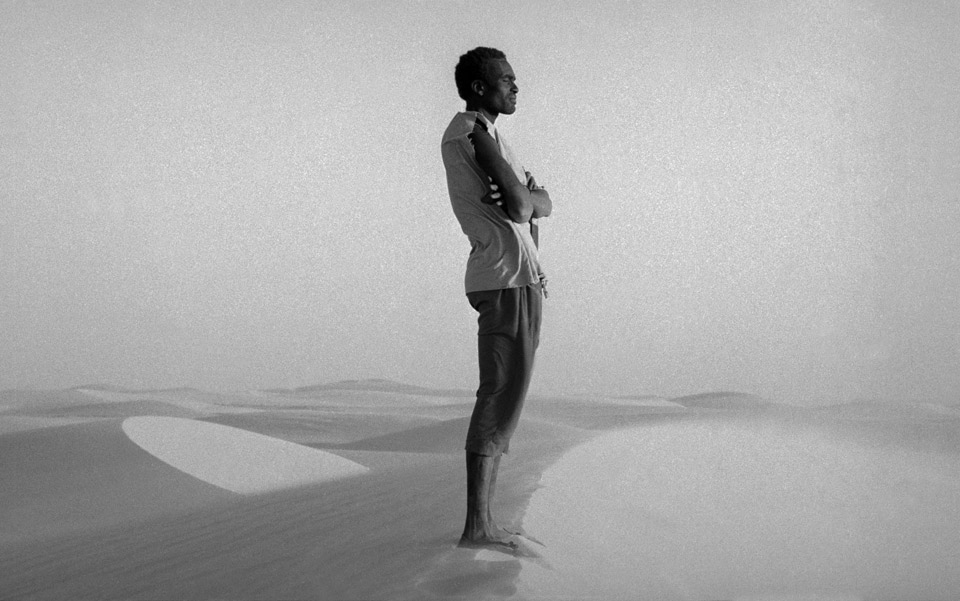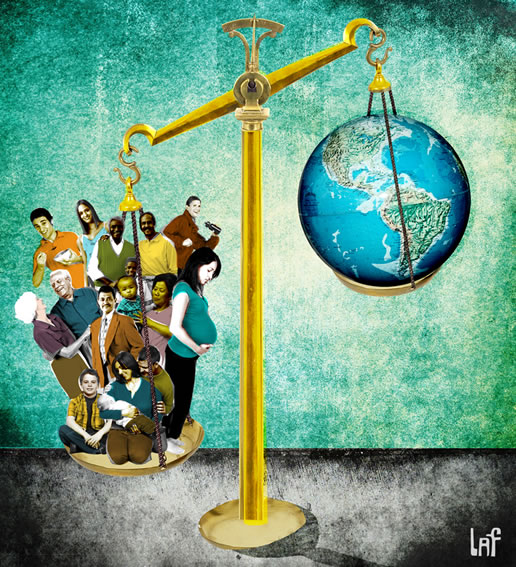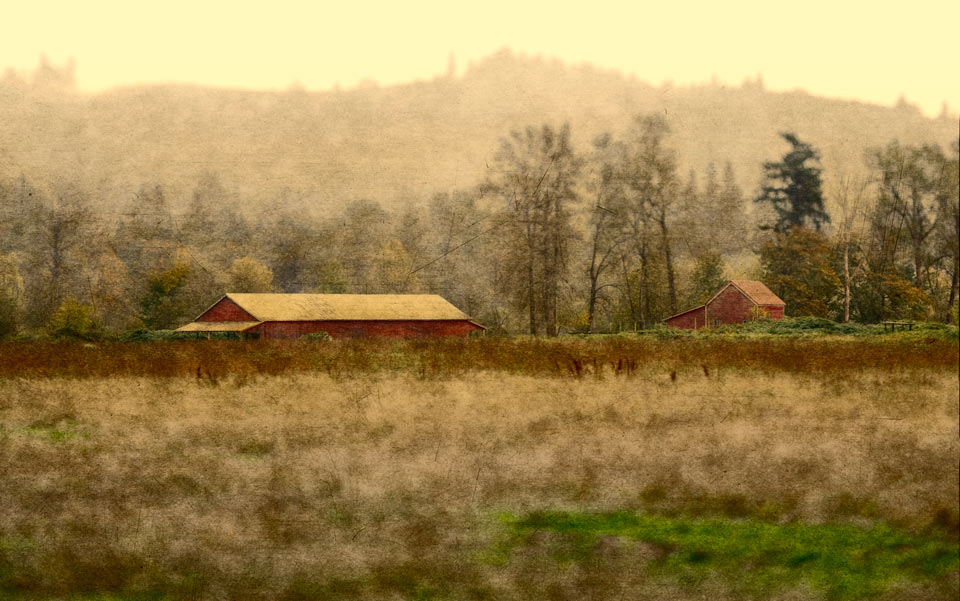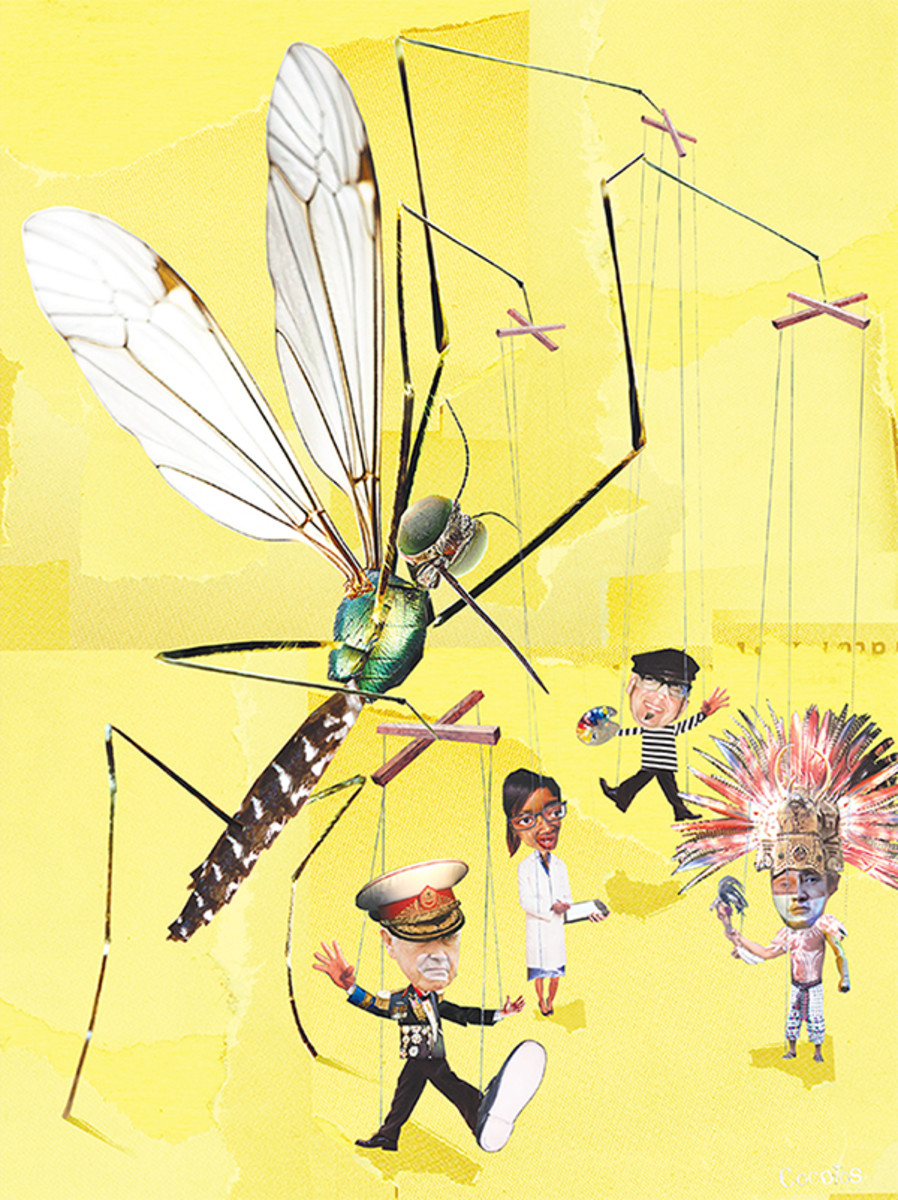Category: Nature and Life
-
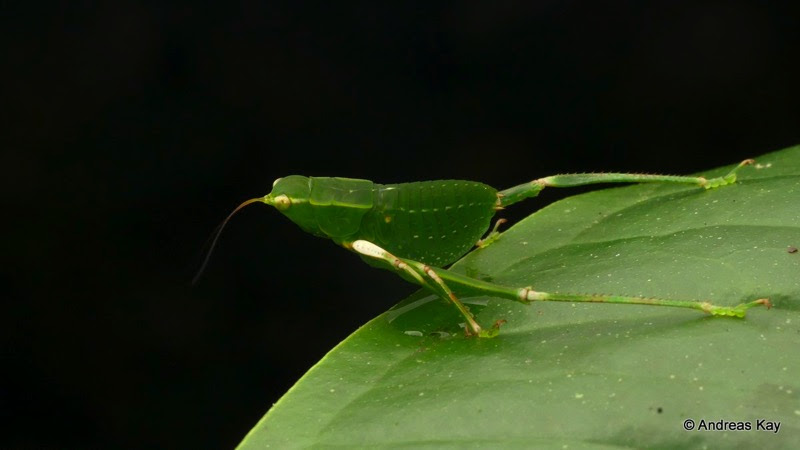
photo of the day – katydid nymph’s yoga
Andreas Kay is a photographer who shares the wonders of the Amazon rainforest with us… In this photo he captured a moment that is much like a starching yoga pose of a katydid nymph. continue reading …
-

In Praise of Short-Term Love
So much in our culture emphasizes long-term love; it may be time to hear a word or two in praise of the short-term approach.
-

Four Billion Years of Evolution in Six Minutes
You’re Wrong About Evolution. Mst people – probably even you – have been taught evolution wrong, according to Prosanta Chakrabarty, associate professor of ichthyology, evolution and systematics at Louisiana State University. He breaks these down in this brilliant TED talk: Four billion years of evolution in six minutes. If you have the time, it’s definitely worth watching, because…
-

Japanese super-centenarian Masazo Nonaka
At 112 years, Japanese super-centenarian Masazo Nonaka has just been recognized as the world’s oldest man. The new record holder was born on July 25, 1905 … He needs a wheelchair to move but he is in good condition,” Yuko Nonaka, his granddaughter, told AFP. “He loves eating any kinds of sweets – Japanese or…
-

Persian Yellow Deer Got a Fawn
Iran Environment and Wild Life Watch reported that the endangered and one of the world’s rarest deer species had a new family member and their total numbers adds up to 45 …
-

Just Say ‘I’m Sorry’
Aaccording to the psychologist and author Harriet Lerner, the wording of my apology was just what the “doctor” would have ordered. In the very first chapter of her new book, “Why Won’t You Apologize?,” Dr. Lerner points out that apologies followed by rationalizations are “never satisfying” and can even be harmful. “When ‘but’ is tagged…
-

A philosophical Self-Knowledge Questionnaire
According to the philosophers of Ancient Greece, the summit of achievement was to have followed the injunction to ‘know yourself.’ While we all have some ideas about who we are, the knowledge we have is often patchy, and we have few opportunities to be guided in reflecting on our personality traits. This questionnaire does not…
-

Elephants’ Strategy to Fight Cancer
In 1977, a University of Oxford statistician named Richard Peto pointed out a simple yet puzzling biological fact: We humans should have a lot more cancer than mice, but we don’t. Dr. Peto’s argument was beguilingly simple. Every time a cell divides, there’s a small chance it will gain a mutation that speeds its growth.…
-

Vsauce YouTube channel and Billion viewers
The concept that Mr Vsauce ( one of the most popular YouTube channel) explained in this 21 minutes video, is mind boggling. He start talking in his fidgety way about a simple fact that some words like “The” get used more often in the language. Then goes in details of exploring The Zipf Mystery… And…
-

Will You Die in the Next Five Years?
Doctors claim to have found a way to predict a person’s risk of dying in the next five years – using a simple questionnaire. With predictable questions on smoking habits and history of illness, but also more nuanced inquiries about the pace of your walk, your attitude to your own health and even how many…
-
Solitude is Enlightening But Could Go Wrong
To take oneself out into the wilderness as part of a spiritual quest is one thing, but to remain there in a kind of barren ecstasy is another. The Anglo-American mystic Thomas Merton argues that ‘there is no greater disaster in the spiritual life than to be immersed in unreality, for life is maintained and…
-

The Animal That Wouldn't Die
A small freshwater animal – the uncommonly resilient hydra – challenges the belief that all living things must die. The idea that living organisms are born to reproduce and ultimately die is one of the most common and widely accepted ideas about life across cultures. But is it true? Using whimsical animation, The Animal That…
-

Tears Are Different
Scientifically, tears are divided into three different types, based on their origin. Both tears of grief and joy are psychic tears, triggered by extreme emotions, whether positive or negative. Basal tears are released continuously in tiny quantities (on average, 0.75 to 1.1 grams over a 24-hour period) to keep the cornea lubricated. Reflex tears are secreted in response…
-

Stoicism is Against Positive Thinking
By keeping the very worst that can happen in our heads constantly, the Stoics tell us, we immunise ourselves from the dangers of too much so-called ‘positive thinking’, a product of the mind that believes a realistic accounting of the world can lead only to despair. Only by envisioning the bad can we truly appreciate…
-

Myth of Overpopulation
Today the reality is that the world is experiencing falling birth rates and rising life expectancy. Rapidly rising populations are a threat in the poorest countries, while low fertility is a threat to developed nations . The world population is getting much older: by 2050 the number of people over the age of 65 will…
-

NFL Players Say No to Domestic Violence
Nearly two dozen men of the NFL use their voices voices, their commitment, and, perhaps most significantly, a new and deeply stirring expression of their formidable power to say NO MORE to domestic violence and sexual assault.
-

Nasa: It Was the Hottest August in 130 Years
The analysis comes from the Nasa space agency’s Goddard Institute for Space Studies (GISS), but with a sign of caution from Nasa, who have stressed that individual months are not as important as yearly trends in highlighting changes in the climate. “The key issue for climate are the long-term trends, not individual months”, said Nasa-GISS…
-
Tree of 40 Fruit
Award-winning contemporary artist and Syracuse University art professor Sam Van Aken grew up on a family farm in Reading, Pennsylvania, but he spent his college years and much of his early career focused on art rather than agriculture. While Van Aken says that his work has always been “inspired by nature and our relationship to…
-

Ultimate Dog Tease
ُDogs were with our ancestors and help them to survive all the way to here. They know us and trust us and vice versa. Here in this video it is clear that the root of relationship is deep. We can feel and anticipate hat they like and what bothers them.
-

How I learnt to survive like an 11th-century farmer
The transition from hunter-gatherer to farmer has always fascinated me. The ability to plant, cultivate and harvest crops stands alongside the emergence of self-awareness, control of fire, the wheel, and the development of mathematics and written language as one of humanity’s transformational events. We became something different once we began to farm. I have found…
-
Being Amoung lions
“If I had the opportunity to come back to life after dying, I would do it all the same”, says Kevin Richardson, an animal behaviorist and wildlife conservation advocate, from the deep heart of Africa.” He’s been called the lion whisperer, and Kevin Richardson, uses love, understanding and trust, instead of chains and sticks, to…
-
Does Jellyfish Really Live Forever?
While it is often joked that cats have nine lives, a certain species of jellyfish has been deemed “immortal” by scientists who have observed its ability to, when in crisis, revert its cells to their earliest form and grow anew. That means that these tiny creatures, 4 mm to 5 mm long, potentially have infinite…
-
Endless Love
Romantic ideology still has its allure, but the idea that passion can last a lifetime has lost credence in modern times. One argument against enduring intensity comes from thinking rooted in the work of the great 17th-century Dutch philosopher Baruch Spinoza: emotions occur when we perceive a significant change in our situation. Change cannot last…
-
Modern Logic and Buddhist philosophy
Western philosophers have not, on the whole, regarded Buddhist thought with much enthusiasm. As a colleague once said to me: ‘It’s all just mysticism.’ This attitude is due, in part, to ignorance. But it is also due to incomprehension. When Western philosophers look East, they find things they do not understand – not least the…
-
The 10 Strang Facts About Men's Private Part
Men sexual organ not only helps to creates life but also is one of the biggest cause of war and the same time art and culture. The drive to repeat our characteristics and identity indeed is a form of immortality that nature allowed us to practice. Nature also went through million years of trial and…
-
If You Live Near A Park, You're More Likely To Be Happy
If you want to be happy, living near a park could be a good idea. More and more research shows a relationship between green space and higher levels of mental health. The latest comes from the University of Wisconsin-Madison. Researchers looked at 2009 survey data that asked 2,500 residents about depression, anxiety, and stress. They…
-
Portrait of a Girl – 0 to 14 years in 4 min
Days, weeks, months and years are flying by. We use to observe and even contemplate on that fact once in a blue moon but thanks to accessible technology and social networks, we can remind our self that how short and fast life goes by.
-
َAlpha and Beta Men
Arnold Schwarzenegger used to hold the record for having arms that measured the exact same size, and from an athlete to an actor. Arnold’s body has been the subject of envy among many men. Is it his muscles those envious eyes are looking at, or simply the sex appeal his body had among women, that…
-
Why Are Va… Important To You
Here’s a video from the kids at Connecticut College who asked 100 of the men at their college to explain why they think that vaginas are important as a part of a campaign for V Day. The results are hilarious and heartwarming, with answers ranging from “vaginas are beautiful” to “I spent some time in…
-
Do the Dead Live On In Facebook?
Think of how rich and deeply personal your online persona has become. Now think of what will happen to it when you die. Until very recently, this question used to feel unusual or irrelevant for all but a tiny, ultrawired slice of the population. In a New York Times Magazine feature about online death last…
-

Disease are Culture Makers
The threat of disease is not uniform around the world. In general, higher, colder, and drier regions have fewer infectious diseases than warmer, wetter climates. To survive, people in this latter sort of terrain must withstand a higher degree of “pathogen stress.” Thornhill and his colleagues theorize that, over time, the pathogen stress endemic…

